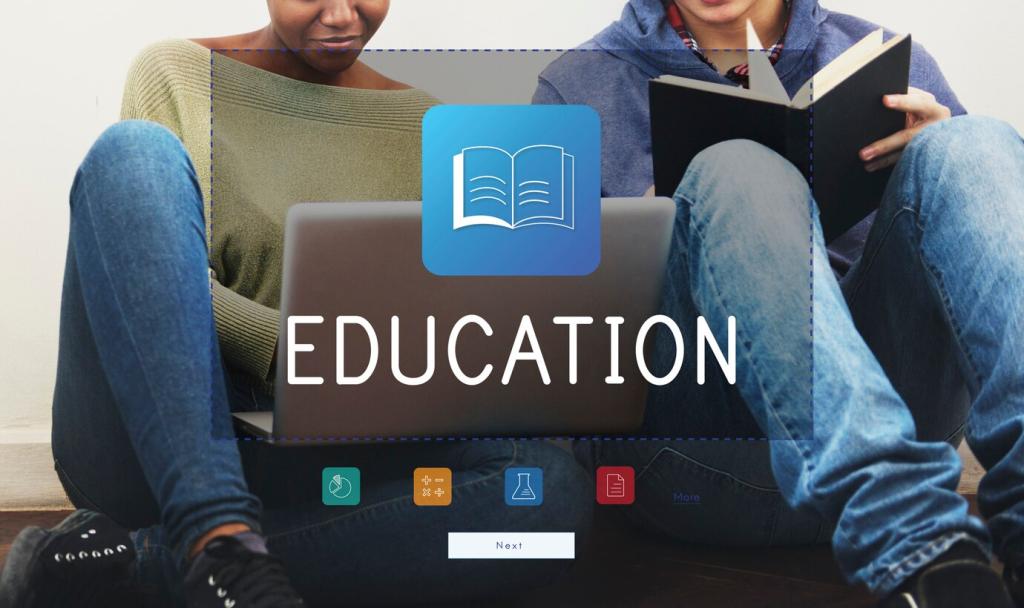Data-Driven Feedback Loops That Improve Learning
Track time-to-green-tests, hint usage, rollback frequency, and postmortem quality. These signals say more than raw completion rates. Visualize progress with meaningful dashboards that learners can own. What one metric changed your teaching or training strategy? Share it, and subscribe for our metrics glossary.
Data-Driven Feedback Loops That Improve Learning
Compare versions of a challenge: stricter linters versus flexible hints, longer quests versus modular steps. Run small experiments and interview learners to interpret numbers with empathy. Have you A/B tested a lab mechanic? Tell us what surprised you most, and we’ll compile patterns that consistently help.








